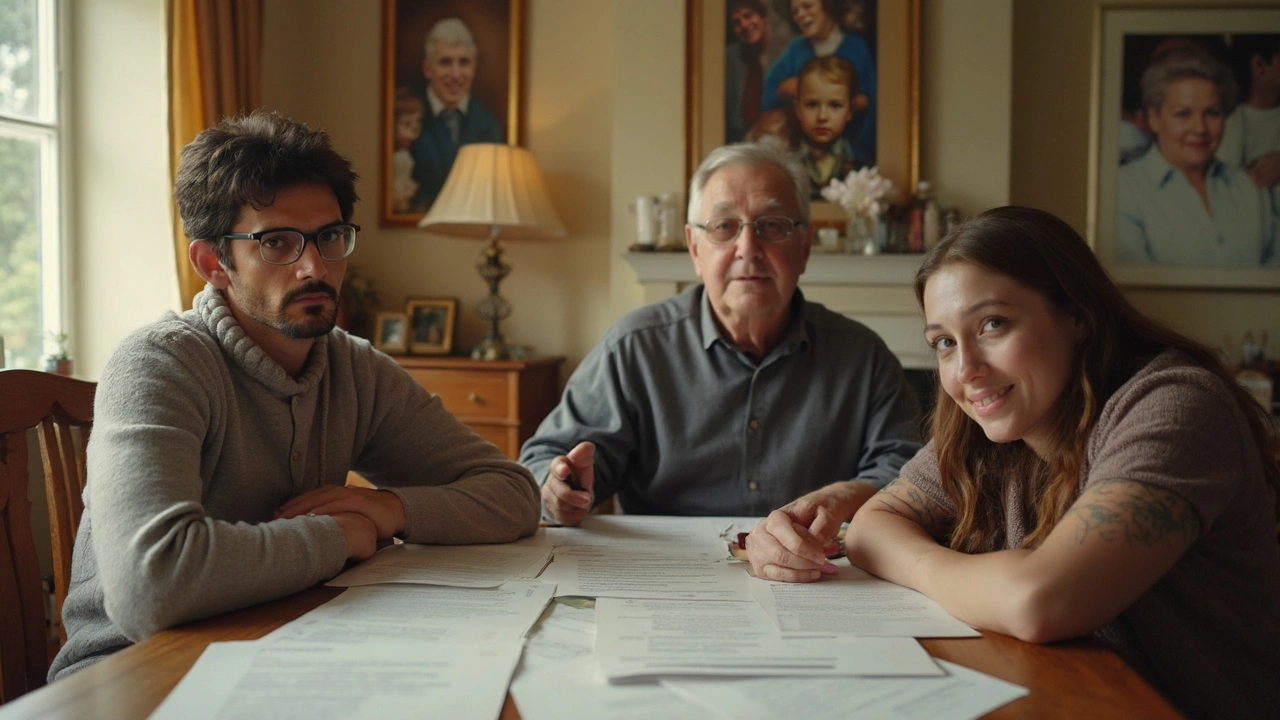Inheritance Tips & Resources for Property Owners
Dealing with inheritance can feel overwhelming, especially when real estate is involved. You might wonder how a house, a shared ownership flat, or even a timeshare gets passed on after someone dies. Below are straightforward steps that keep the process clear and help you protect the value of what you inherit.
1. Know What’s Being Inherited
First, list every property the deceased owned. Include the main home, any rental units, shared ownership shares, and timeshares. Check the title deeds, mortgage statements, and any lease agreements. If a property is part of a shared ownership scheme, find out the exact share percentage and the terms for selling that share. Knowing exactly what you’re dealing with prevents surprises later.
2. Get the Legal Papers in Order
The will (or intestacy rules if there’s no will) determines who gets the property. Contact the executor as soon as possible and ask for a copy of the will. If the property is tied to a mortgage, the lender must be informed; they may need proof of the new owner’s ability to keep up payments. For timeshares, the managing company usually requires a transfer form and a fee. Getting all paperwork sorted early speeds up the transfer and avoids extra costs.
Don’t forget to file the death certificate with the Land Registry. This official document updates the title register and officially records the new owner(s). If multiple people inherit a shared ownership home, they’ll need to agree on how to manage rent, service charges and eventual sale of the share.
3. Watch Out for Taxes and Fees
Inheritance tax can bite into the value of the property. In the UK, if the estate exceeds the tax‑free threshold, 40% tax may apply on the amount above that limit. However, there are reliefs for primary residences and certain jointly‑owned assets. Talk to a tax adviser to see if you qualify for any exemptions or if you can use the spouse exemption.
There are also probate fees, which are calculated based on the estate’s value. These fees, plus any stamp duty for transferring ownership, should be factored into your budget before you decide whether to keep, rent out or sell the property.
4. Decide What to Do With the Property
Once the legal side is settled, think about your options. Do you want to live in the house, rent it out, or sell it? If the property is a shared ownership home, you may be able to buy the remaining share from the housing association and become the full owner. For a timeshare, you can keep it, sell it, or relinquish it back to the operator—each choice has its own fees and timelines.
Running the numbers helps. Compare rental income against mortgage payments, service charges and maintenance costs. If selling, look at the current market in Florin Court and nearby areas. A local estate agent can give you a realistic price range.
5. Keep Communication Open
Inheritance often involves family members with different ideas. Hold a calm meeting to discuss everyone’s expectations. If disagreements arise, consider mediation before heading to court. Clear communication reduces stress and keeps the process moving.
Finally, remember to update your own estate plan. Adding the newly acquired property to your will prevents the same headaches for the next generation.
Inheritance doesn’t have to be a nightmare. By identifying the assets, sorting legal paperwork, accounting for taxes, and making a solid plan for the property, you protect both the value of the inheritance and your peace of mind. Need more help? Our team at Florin Court Real Estate Hub can walk you through each step and connect you with trusted legal and tax professionals.

Can a Husband Leave His Wife Out of the Will? Shared Ownership Twist
Wondering if a husband can legally leave his wife out of the will? This article breaks down the rules for shared ownership homes, the rights spouses have, and what really happens when a will leaves someone out. We'll look at the family's protections, legal loopholes, and what steps you can take to keep everyone secure. There are key differences depending on where you live, and we spotlight the details that often get missed. Walk away knowing how to avoid nasty surprises around inheritance and home ownership.

Do I Have to Take Over My Parents' Timeshare? Here’s What To Know
Wondering if you’re stuck with your parents’ timeshare? This article breaks down what really happens when a timeshare is passed down. You'll learn your legal options, what saying 'no thanks' involves, and the unexpected costs that might pop up. Find out if you can walk away or if you’re on the hook. Get the answers before the next bill shows up.

What Happens to Jointly Owned Shares on Death? A Real Guide for Shared Ownership Homes
Figuring out what happens to shared ownership property shares when someone dies can feel overwhelming. This article breaks down the basics of jointly owned shares, explains who gets what, and why the ownership type matters. It also covers what you need to do right away after a co-owner passes and how to avoid family drama down the track. Get solid, straightforward tips to help you handle one of property’s trickier moments.